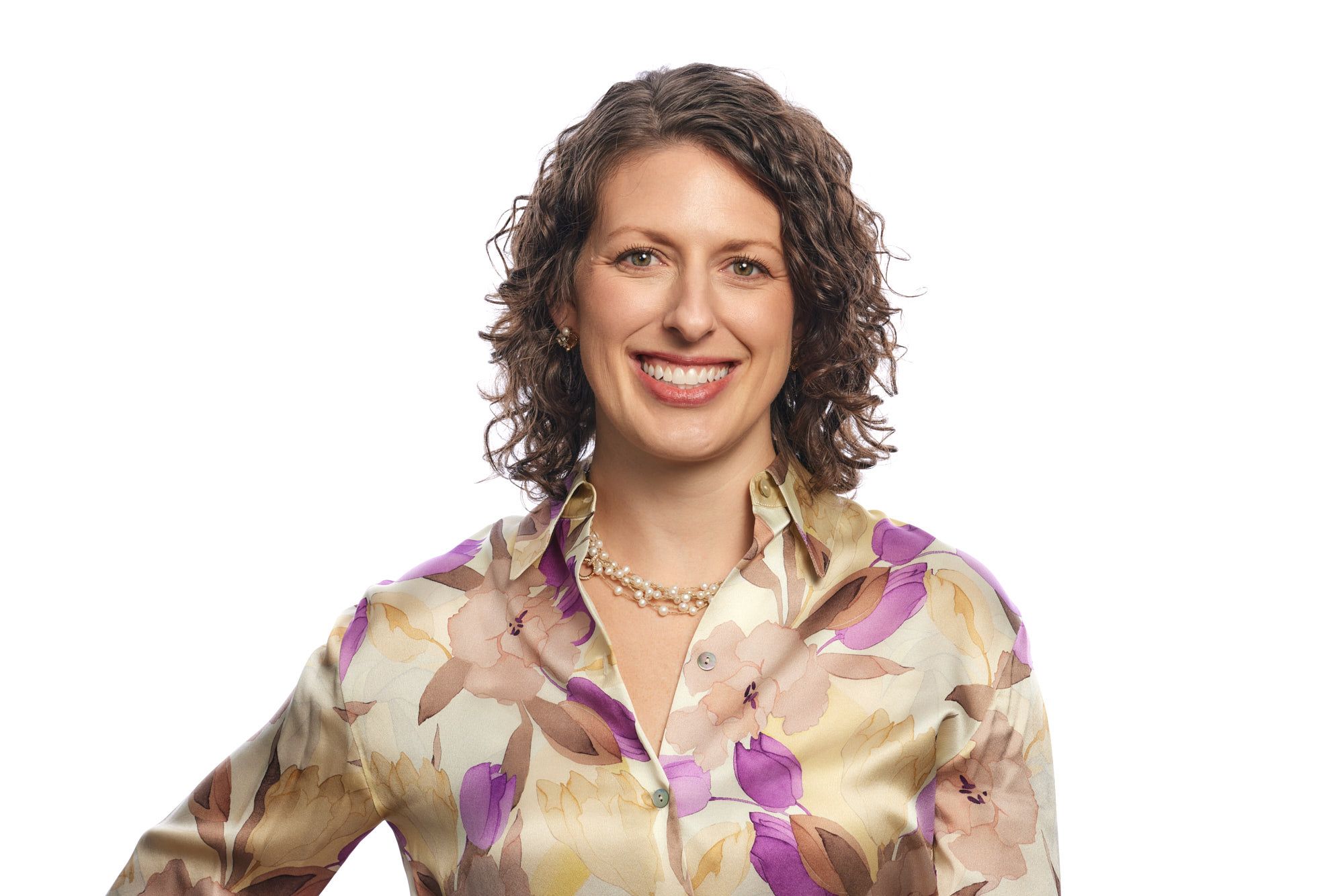Americans vow to shed debt in 2014 but few commit to financial planning
High-net-worth investors increase appetite for risk, poll shows.
On this first business day of 2014, I couldn’t resist pulling together some New Year’s resolution polls to give financial advisers a hint of what their current and prospective clients may be thinking.
It seems nothing erases a bad memory like a recent triumph.
Only five years have passed since the 2008-09 financial crisis, but many Americans seem to have forgotten the trauma it caused to their portfolios, according to the fifth annual New Year’s Resolution Survey from Allianz Life Insurance Co. of North America.
Investors have a good reason to revel in their amnesia. The S&P 500, which jumped 29.6% in 2013, not only beat expectations but posted its biggest annual advance since 1997, ending the year at an all-time high of 1,848.
One reason people feel more financially stable apparently is because they are shedding some of their bad financial habits, compared with the previous year.
Fewer of the 1,000 American adults surveyed for the annual Allianz poll admitted to “spending too much money on things not needed” (26% in 2013, down from 30% in 2012), “not saving any money” (27%, down from 30%) and “spending more than I make” (14%, down from 18%).
However, only 16% said they would include financial planning in their resolutions for 2014, less than half of the 33% who said they would make financial planning a priority when choosing resolutions in 2009, the first year of the Allianz Life survey, which coincided with the start of the Great Recession.
Nearly half of the U.S. adults surveyed (49%) said they are unsure about seeking financial advice in 2014, up from 44% in 2012.
“Though Americans say their financial habits are improving, which is good, being a little smarter with money is not the same as true financial planning,” Katie Libbe, vice president of Consumer Insights for Allianz Life, said in a statement accompanying the survey results. “People need to take the next step and turn better habits into longer-term planning.”
That’s where the smart money comes in.
A separate international survey of high-net-worth individuals with 1 million pounds ($1.66 million) or more in investible assets listed their top three financial resolutions for 2014 as: save more for their retirement, include more higher-risk investment in their portfolio and provide greater levels of financial support for their families.
Conducted during the final quarter of 2013 by the deVere Group, one of the world’s largest independent financial advisory organizations, 38% of those polled said their ultimate objective for the year ahead was to build their retirement funds. The 547 deVere clients who participated in the survey were between the ages of 25 and 75, and reside in the U.S., U.K., South Africa, Hong Kong, France, Spain, Germany, Switzerland and the UAE.
“The poll highlights that even society’s wealthier people are concerned about being able to fund the lifestyle they desire throughout their retirement,” said Nigel Green, the founder and chief executive of deVere Group. “Their worries are fueled by soaring living costs, low interest rates, and the possibility of high, long-term medical and/or care bills in the future.”
Because of rising life expectancies, the money investors accumulate will have to last longer than ever.
High-net-worth clients are apparently comfortable taking more risk in the short term to achieve their goal of a secure retirement in the long run. One in five respondents to the deVere survey said they plan to diversify their investment portfolios to include riskier opportunities.
“A generally more optimistic feeling about the global economy combined with the low interest rate/creeping inflation environment is driving an increasing number of people to consider increasing their holdings of higher-risk, higher-return investments to maximize their wealth in 2014,” Mr. Green said.
Another 22% of the respondents said they hope to be able to offer more financial assistance to loved ones. “With many young families struggling to cope with high levels of debt and the burgeoning cost of living, financially supporting loved ones, particularly children and grandchildren, with things like school and university fees, is perhaps unsurprisingly another key priority for next year amongst those we surveyed.”
We’ve seen similar concerns about helping family members reported in recent U.S. surveys.
The bottom line seems to be that some investors have crawled out of the cash bunkers they erected during the recession and are willing to take on some extra risk — and share the wealth with their loved ones. But many middle-class Americans have yet to learn that while a penny saved is a good thing, a plan to invest that penny for the future is even better. The financial advice community has a big job ahead of it for the new year.
Learn more about reprints and licensing for this article.








